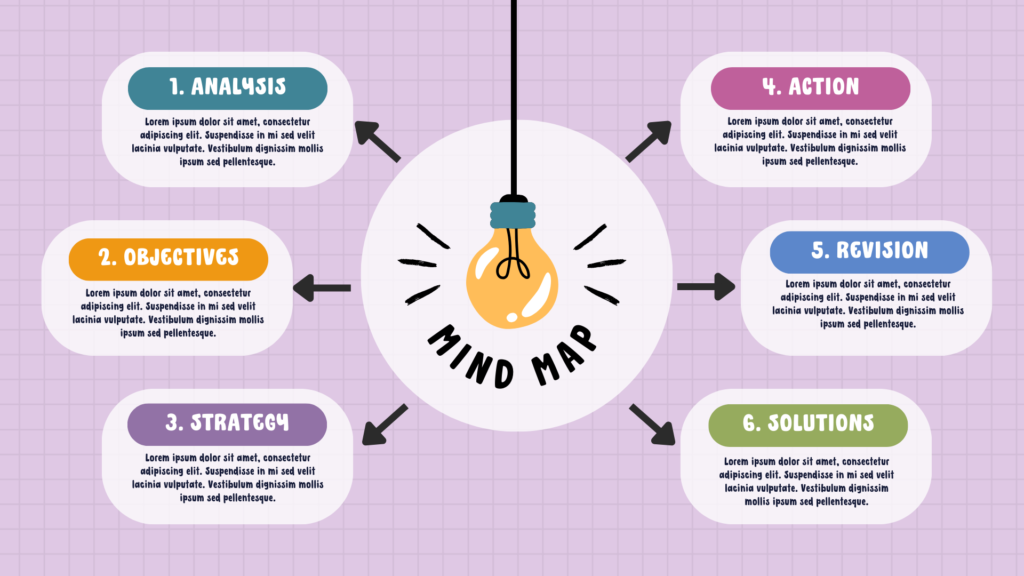Introduction
The release of the Form Six NECTA (National Examinations Council of Tanzania) results for the year 2024 marks a significant milestone in the educational journey of Tanzanian students. These results not only serve as a measure of academic achievement but also influence the future trajectories of students as they embark on higher education, vocational training, and career pathways. In this comprehensive article, we delve into the intricacies of the Form Six NECTA results for 2024, analyzing trends, implications, and opportunities in Tanzania’s education landscape.

Understanding the Form Six NECTA Examinations
The Form Six NECTA examinations represent the culmination of six years of secondary education in Tanzania. Administered annually by NECTA, these examinations assess students’ proficiency in a range of subjects, including Mathematics, Sciences, Humanities, and Languages. The results of these examinations play a pivotal role in determining students’ eligibility for admission to universities, colleges, and other tertiary education institutions.
Key Components of the Form Six NECTA Examinations
- Examination Structure: The Form Six NECTA examinations typically comprise written papers in core subjects, practical assessments in science subjects, and oral examinations in languages. The examination structure is designed to assess students’ knowledge, understanding, and application of key concepts and skills across different subject areas.
- Grading System: NECTA employs a grading system based on numerical scores, with grades ranging from Division I (Excellent) to Division IV (Pass). This grading system provides a standardized measure of students’ academic performance, facilitating comparisons across different schools, regions, and cohorts.
- Examination Administration: The Form Six NECTA examinations are administered under strict supervision to ensure the integrity and fairness of the examination process. Examination centers are established across the country to accommodate candidates from diverse geographic locations, with stringent security measures in place to prevent malpractice and cheating.
Analyzing the 2024 Form Six NECTA Results
The release of the Form Six NECTA results for 2024 provides valuable insights into educational trends, achievements, and challenges in Tanzania:
- Academic Performance: Analysis of the examination results reveals trends in academic performance across various subjects and regions. High-performing students are recognized for their exceptional achievements, while areas of weakness may indicate the need for targeted interventions and support mechanisms.
- Gender Disparities: Gender disparities in academic achievement may manifest in the examination results, with variations observed in performance between male and female candidates. Efforts to address gender inequalities in education, including targeted support for girls’ education and empowerment initiatives, are crucial to promote gender equity and inclusive development.
- Regional Disparities: Disparities in academic performance between different regions and districts may reflect underlying socio-economic factors, resource allocation disparities, and variations in educational infrastructure and quality. Addressing regional disparities in education requires multi-faceted approaches, including targeted investment in infrastructure, teacher training, and curriculum development.
Implications for Education Policy and Practice
The Form Six NECTA results for 2024 have significant implications for education policy and practice in Tanzania:
- Curriculum Review and Reform: The examination results serve as a basis for evaluating the effectiveness of the curriculum and identifying areas for improvement and refinement. Ongoing curriculum review and reform efforts aim to enhance the relevance, quality, and inclusivity of education, ensuring that it equips students with the knowledge, skills, and competencies needed for success in the 21st century.
- Teacher Professional Development: The performance of students in the Form Six NECTA examinations underscores the importance of teacher quality and professional development in achieving educational outcomes. Investing in teacher training, support, and continuous professional development initiatives is essential to enhance teaching effectiveness and student learning outcomes.
- Access to Higher Education: The Form Six NECTA results play a critical role in determining access to higher education and vocational training opportunities for Tanzanian students. Efforts to expand access to tertiary education, including scholarships, grants, and bursary schemes, are essential to ensure equitable access and promote social mobility.
Conclusion
The release of the Form Six NECTA results for 2024 offers valuable insights into educational achievements, challenges, and opportunities in Tanzania. By analyzing trends in academic performance, gender disparities, and regional variations, policymakers, educators, and stakeholders can identify areas for improvement and inform evidence-based interventions to enhance the quality, equity, and inclusivity of education. Moving forward, sustained efforts to strengthen curriculum, improve teacher quality, and expand access to higher education will be essential to realize Tanzania’s vision of a knowledge-based society and sustainable development.